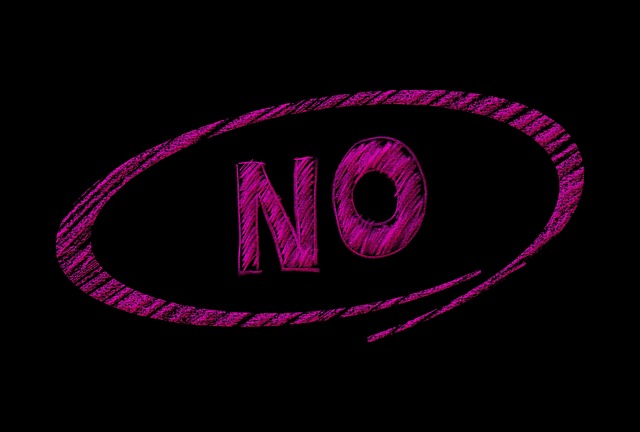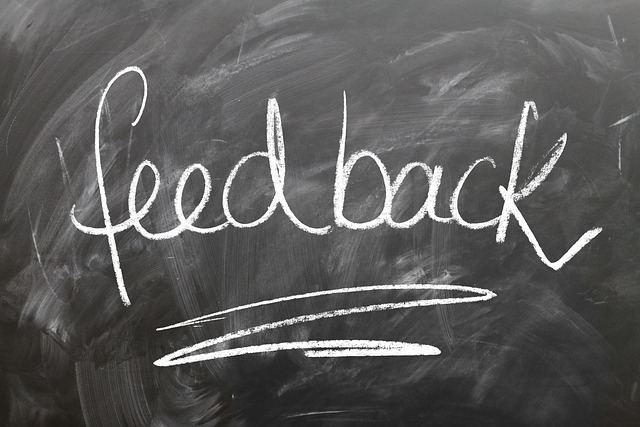As we traverse through the complexities of our modern world, one glaring truth remains undeniable: climate change is no longer a distant forecast; it’s our present reality. Unfortunately, the specter of denial looms large over society, hindering actionable progress and keeping us tethered to destructive habits that threaten our environment. The danger of denial isn’t limited to just an apathetic mindset; it extends to harmful policies, ignorance, and a lack of collective will to confront the issues that affect us all.
When we hear the term “denial,” it often evokes feelings of frustration and helplessness. Many individuals grapple with the overwhelming information regarding climate change, making it easier to retreat into denial rather than face the harsh realities that demand our attention. This emotional state can be entwined with fear—fear of the unknown, fear of drastic changes, and fear for future generations. Such feelings can lead us to trivialize or dismiss the matter altogether, forfeiting our responsibility to act.
The impacts of climate change are manifesting around us in significant, sometimes terrifying, ways. From catastrophic wildfires that consume vast landscapes to rising sea levels that threaten coastal cities, the environment cries out for change. Each natural disaster serves as a chilling reminder of our warming planet. Yet, even in the face of such evidence, many continue to cling to denial as a coping mechanism, falsely believing it allows them to preserve their way of life.
In an environment where facts are often overshadowed by misinformation, being in denial can foster a sense of complacency that stifles innovation and collaboration in tackling climate challenges. We witness debates clouded by skepticism while scientific evidence and research continue to paint a clear picture: our environment needs urgent care. Denying the validity of climate change only perpetuates the cycle of inaction, leaving future generations to wrestle with the consequences.
Choosing to confront climate change involves a shift in mindset. It requires acknowledging the undeniable truth of our warming planet and its causes—be it fossil fuels, deforestation, or industrial waste. Acknowledging the issue is the first critical step toward change. When we reject denial and confront these uncomfortable realities, we empower ourselves and our communities to pursue sustainable solutions. From investing in renewable energy sources to emphasizing the importance of conservation, every commitment to change counts.
Moreover, confronting climate change within our environment isn’t just an individual responsibility; it must be a collective societal effort. Governments, businesses, and universal organizations must collaborate to create frameworks that support the transition to greener practices. Denying climate change cannot be an option for our leaders, as their policies shape the world we live in. The fight against climate change requires courage and tenacity to transcend the paralyzing effects of denial, to unite voices demanding action for our environment to thrive.
Each of us has a role to play in this fight. By sharing knowledge, educating ourselves and others, and participating in local initiatives, we can slowly dismantle the walls of denial that divide us from effective action. The chain of denial can only be broken when individuals come together to advocate for change and hold our leaders accountable. Only through sustained effort can we hope to unravel the destructive patterns we’ve allowed to dominate our past.
Embracing the truth of climate change isn’t merely an act of acceptance; it’s a declaration of perseverance. Together, let’s move beyond denial and ignite a movement passionate about restoring our environment for future generations. We owe it to ourselves—and to the world—to confront climate change head-on.




